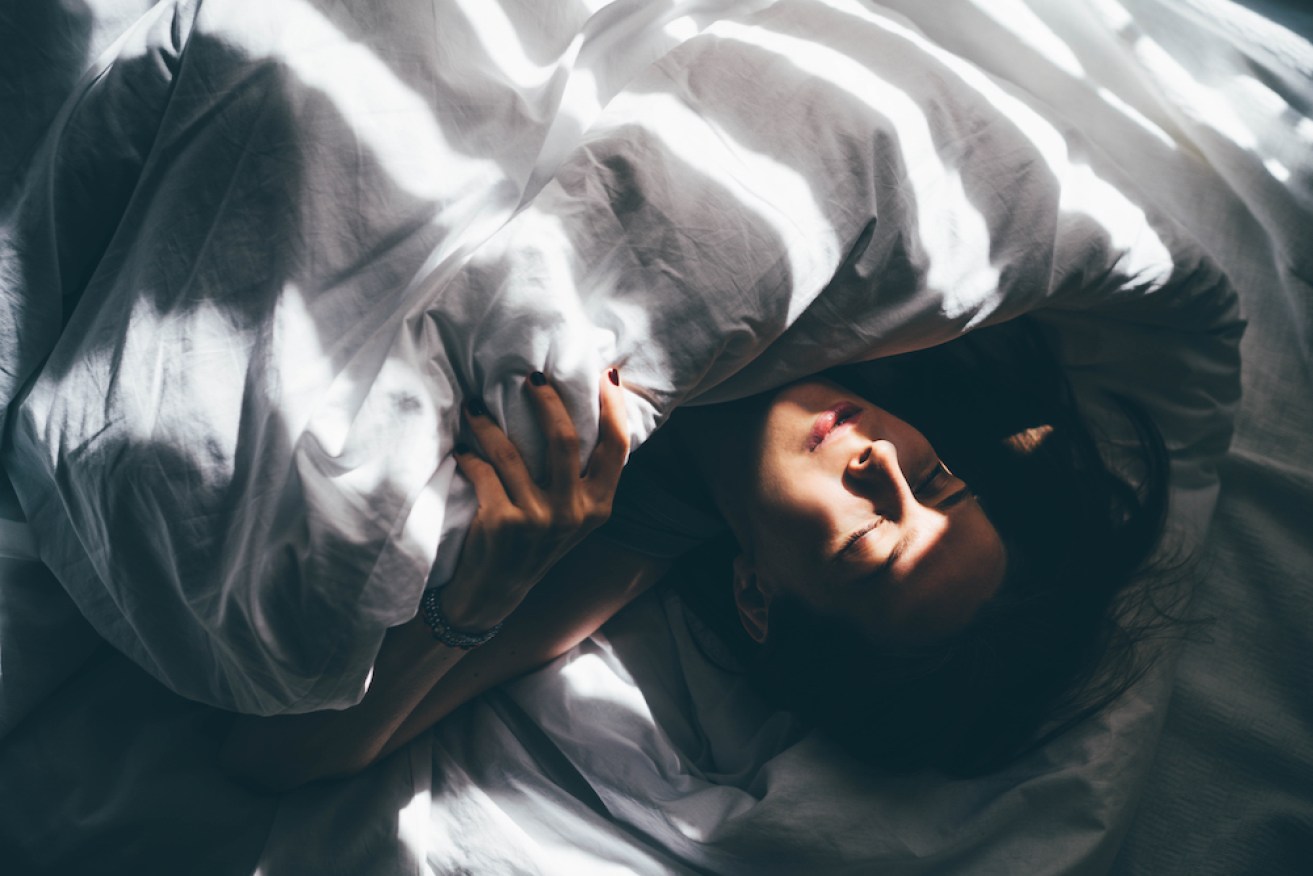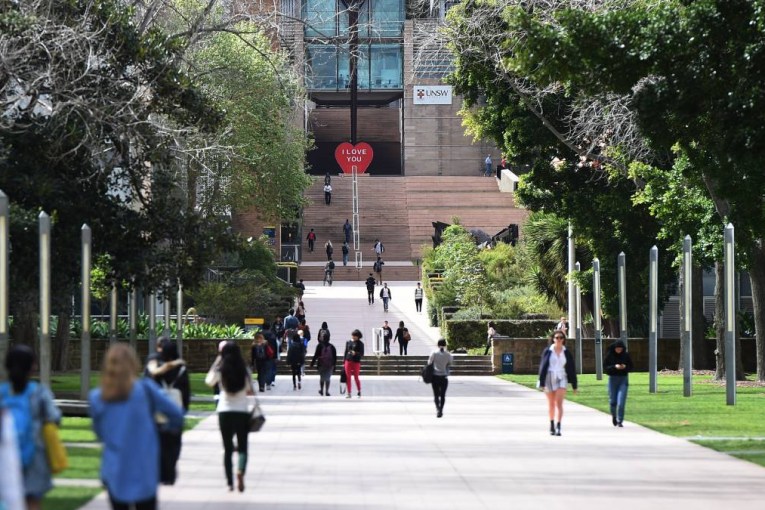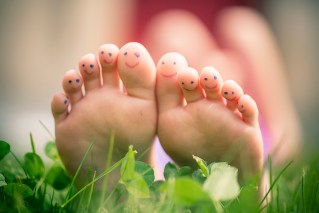Tips for a smooth transition to daylight saving, and losing an hour of sleep


The change to daylight saving time can leave some very tired. Photo: Getty
Daylight saving time begins this weekend, with the upheaval of missing one hour of sleep causing problems for some.
The clocks will move an hour forward on Sunday, October 1, for people in New South Wales, Victoria, South Australia, Tasmania, the ACT and Norfolk Island.
Unless you’re still celebrating a win or mourning a loss in the AFL grand final, you’ll likely be asleep when the clocks change at 2am AEST.
However, according to Flinders University, there is considerable evidence that shows people struggle even when one hour is lost following the transition to daylight saving.
After the transition, many people suffer from tiredness and some distress during the following week.
The difficulties that come with the change to daylight saving time is particularly hard on ‘night owls’ – people who are more up and about in the evenings.

The clock moves forward an hour in the early hours of Sunday morning.
Body clock to blame for the ‘Monday blues’
To understand what you need to do to prepare for the shift to daylight saving, you need to understand how the body clock works.
Emeritus Professor Leon Lack and Dr Gorica Micic, sleep experts at Flinders University, said: “Most of us have body clocks that tick over a little bit more slowly than the 24-hour rotation of the Earth that makes our 24-hour light-dark cycle.
“That means most people, particularly evening types, tend to delay their bedtime and wake time, especially given the chance on weekends.”
Each time someone sleeps in, their body clock is delayed by 10 to 20 minutes.
So when Sunday night rolls around, it can be difficult to get to sleep because of the sleep-ins and as a result, you wake up tired on Monday morning.
“Our research has shown that this results in shorter sleeps on Sunday and Monday nights and more tiredness on Monday and Tuesday and may contribute to the typical Monday morning ‘blues’,” Lack and Micic said.
Steps to adjustment
On Saturday night, try and get to bed an hour earlier than usual and try to avoid exposure to harsh light for two to three hours before bedtime.
It’s also important to avoid exercising right before bed to ensure a better sleep. The key to survive the loss of an hour is getting enough sleep.
“Maintain adequate sleep and a good sleep schedule in the days leading up to the transition … go to bed when feeling sleepy, do not procrastinate bedtime or stay out late,” Lack and Micic said.
“As we’re more likely to have short-changed sleep on the Saturday-Sunday night, we will be better equipped to cope on one inadequate night of sleep if we’ve had sufficient sleep in the lead-up. ”
In saying that, this weekend, resist the urge to sleep in.
Ideally, to ensure an easier transition to daylight saving, you would have incrementally woken up earlier by 15 to 20 minutes on Thursday, Friday and Saturday.
However, just make sure you’re not relying on waking up naturally on Saturday. Instead, set an alarm for an earlier wake-up time, Lack and Micic said.
As soon as you’re out of bed, get some sunshine in the lead-up to the change.
“Light exposure after waking helps shift the body clock earlier,” Lack and Micic said.
“For example, take the dog for a walk outside, plan to meet up with friends for breakfast al fresco. Try not to wear sunglasses for the first two to three hours in the sun.”
Coffee and tea is a good option in the morning and Lack and Micic said there is some evidence to suggest a morning cuppa might help shift the body clock earlier, just like sunlight.
However, you need to avoid caffeine in the second half of the day.
On Sunday and Monday, Lack and Micic suggest taking it easy by pushing back early events for later in the week and avoid going on long or dangerous drives or operating heavy machinery.
And after daylight saving time takes hold, take a 10-minute nap around lunchtime if you are feeling sleepy.








